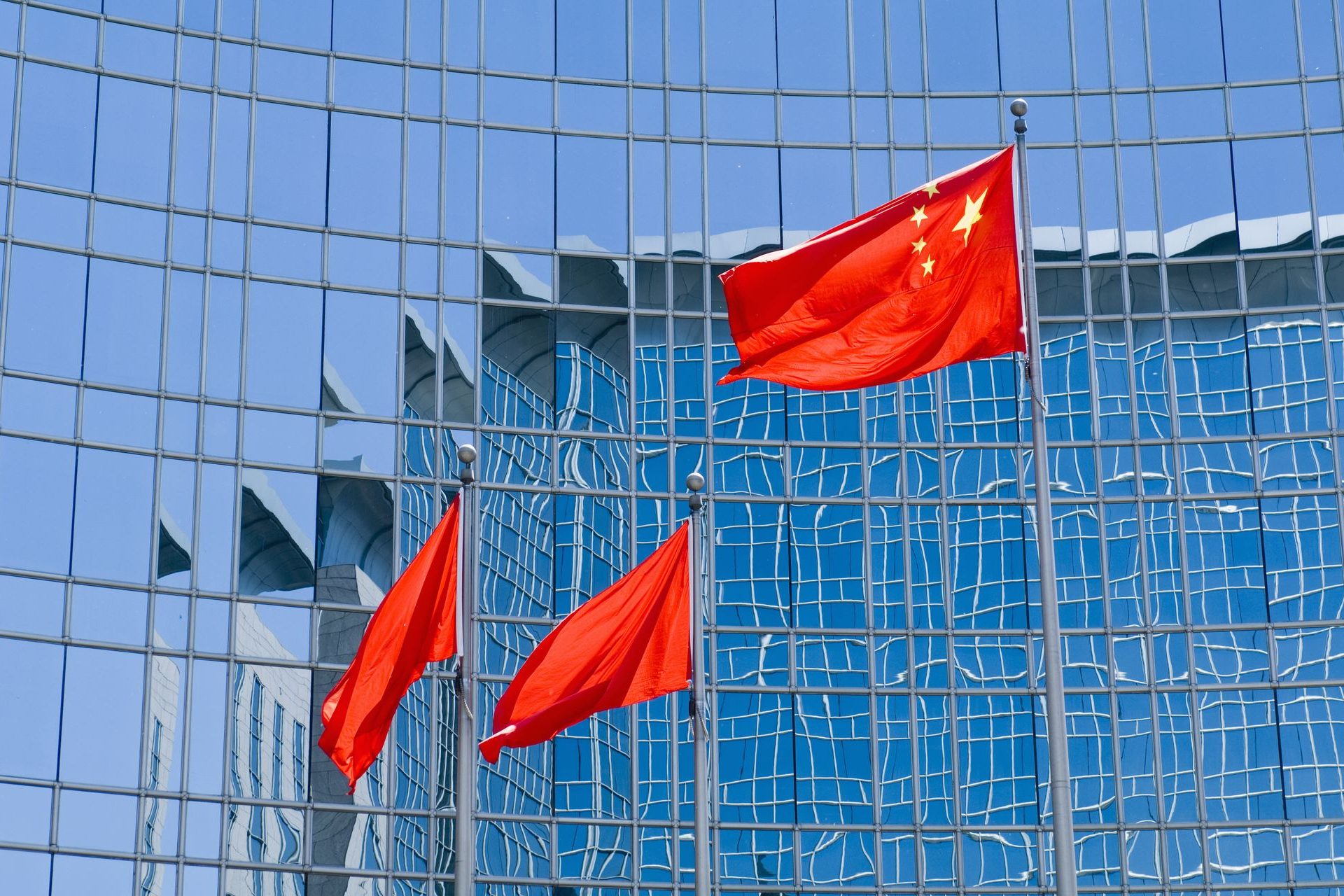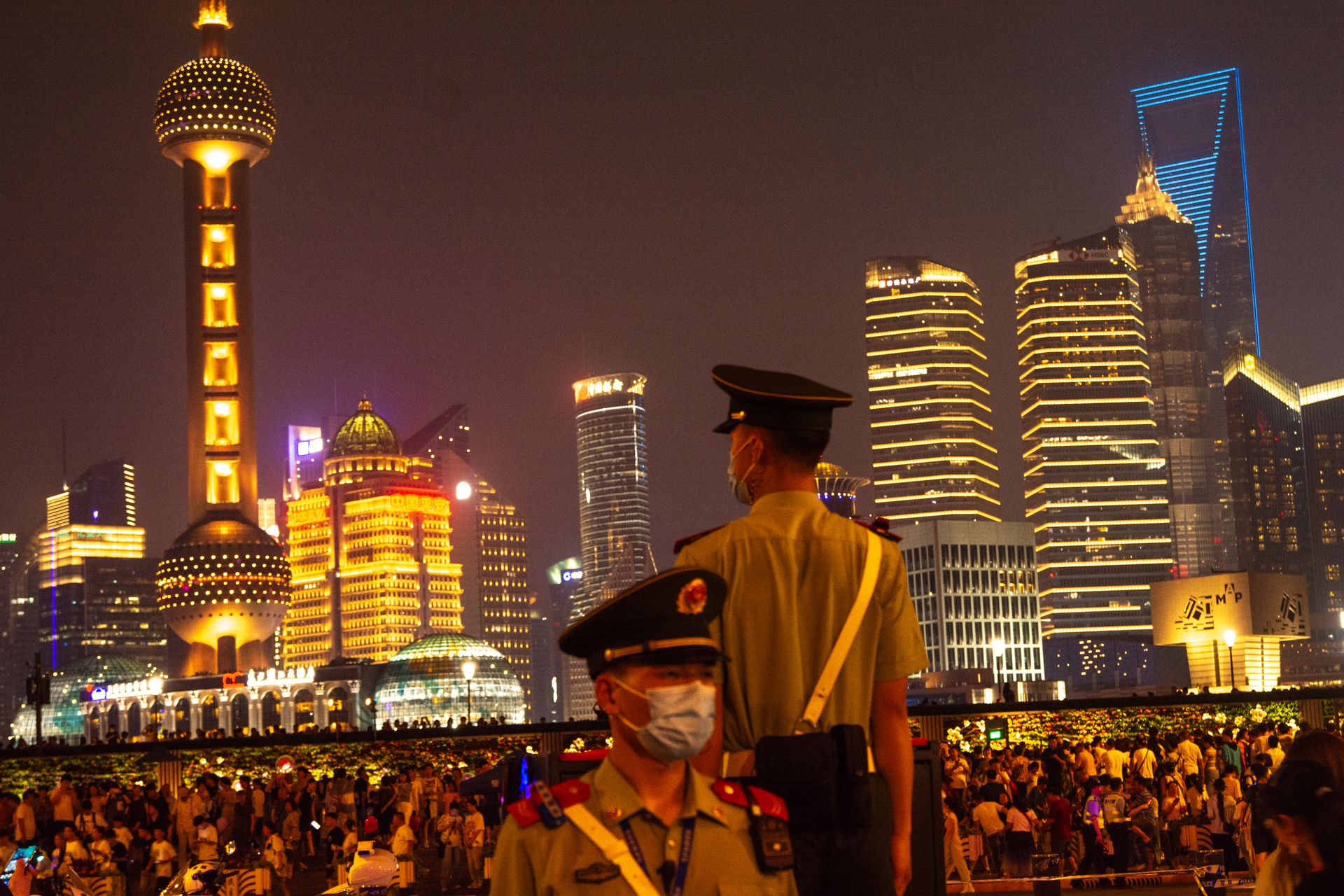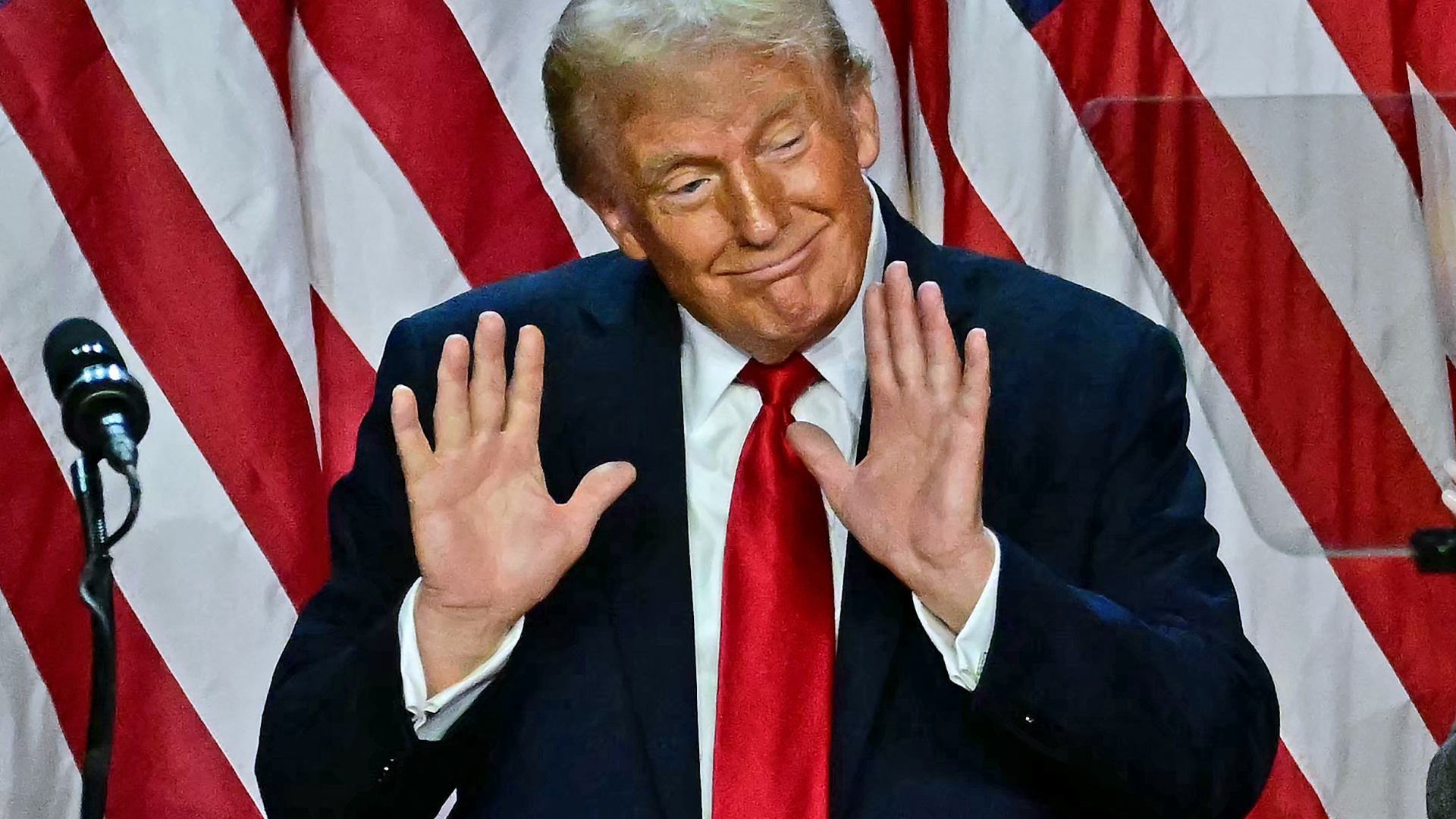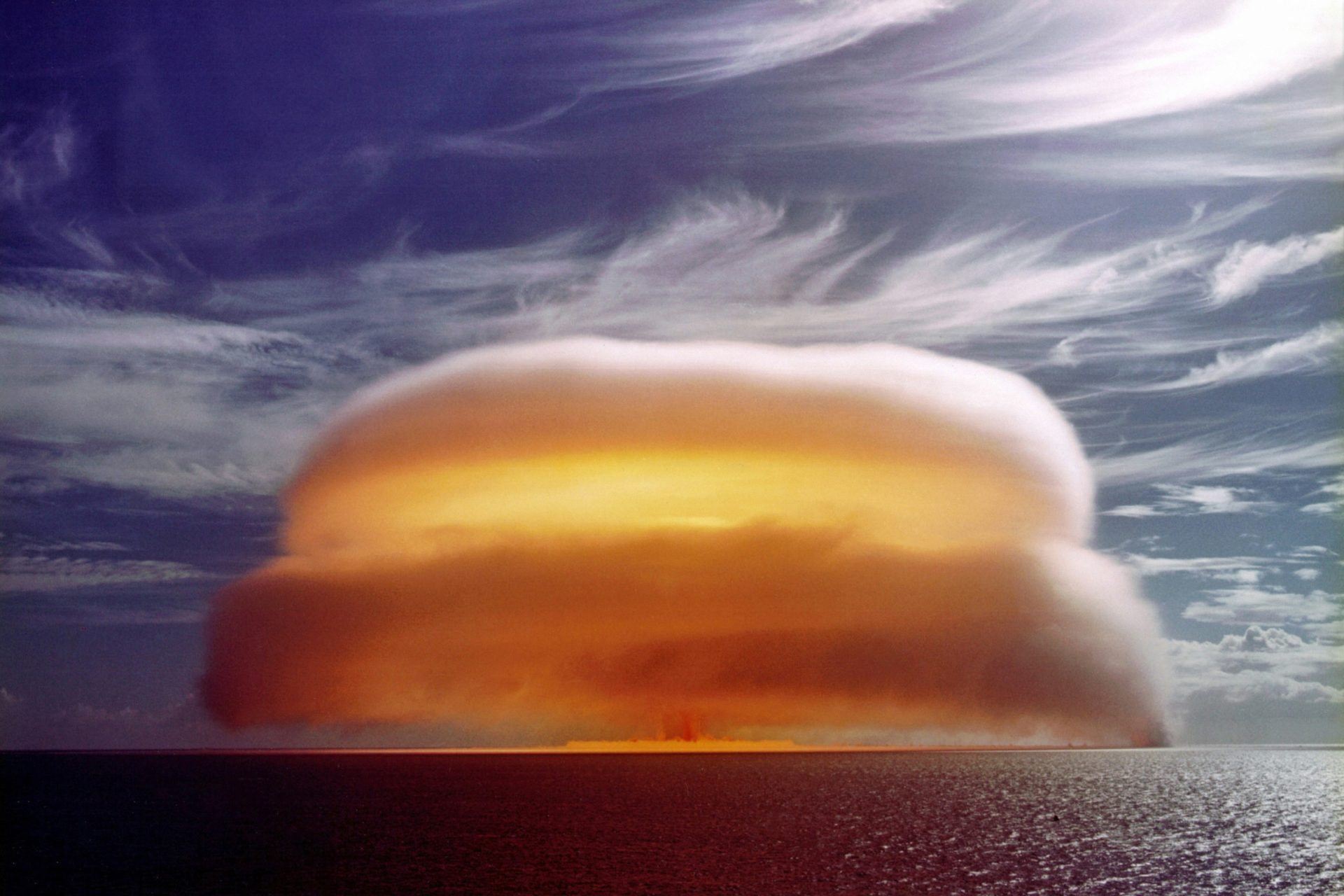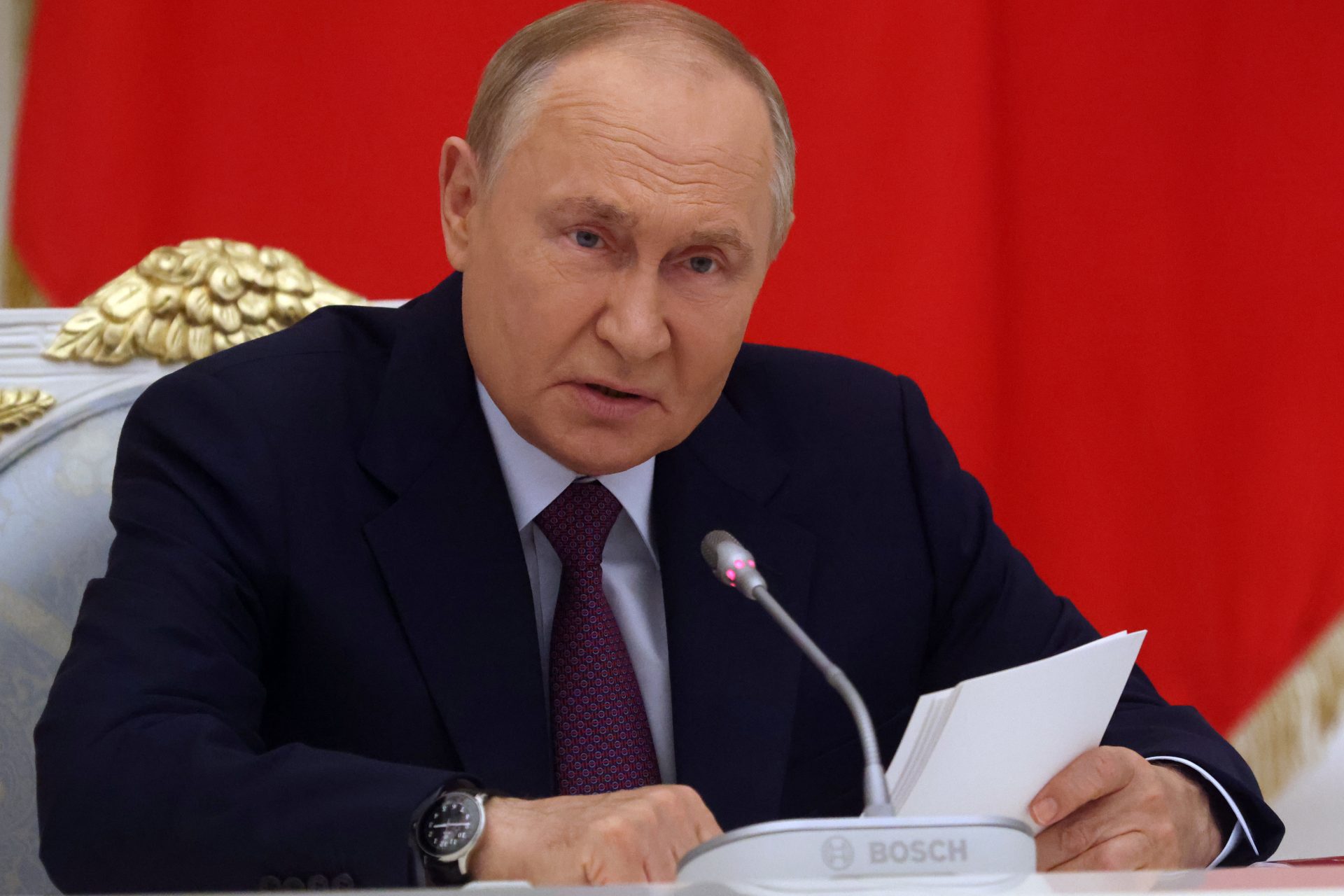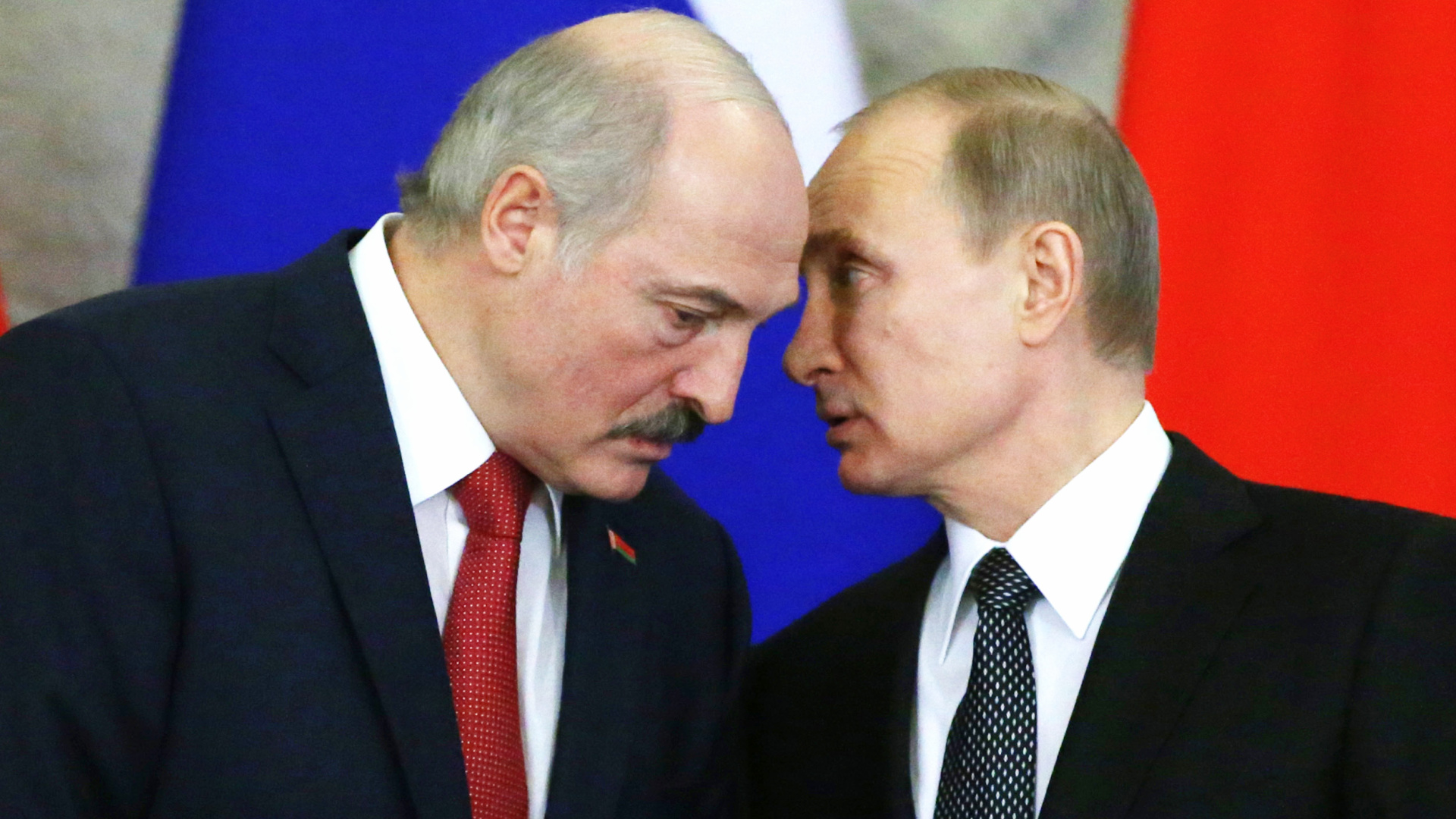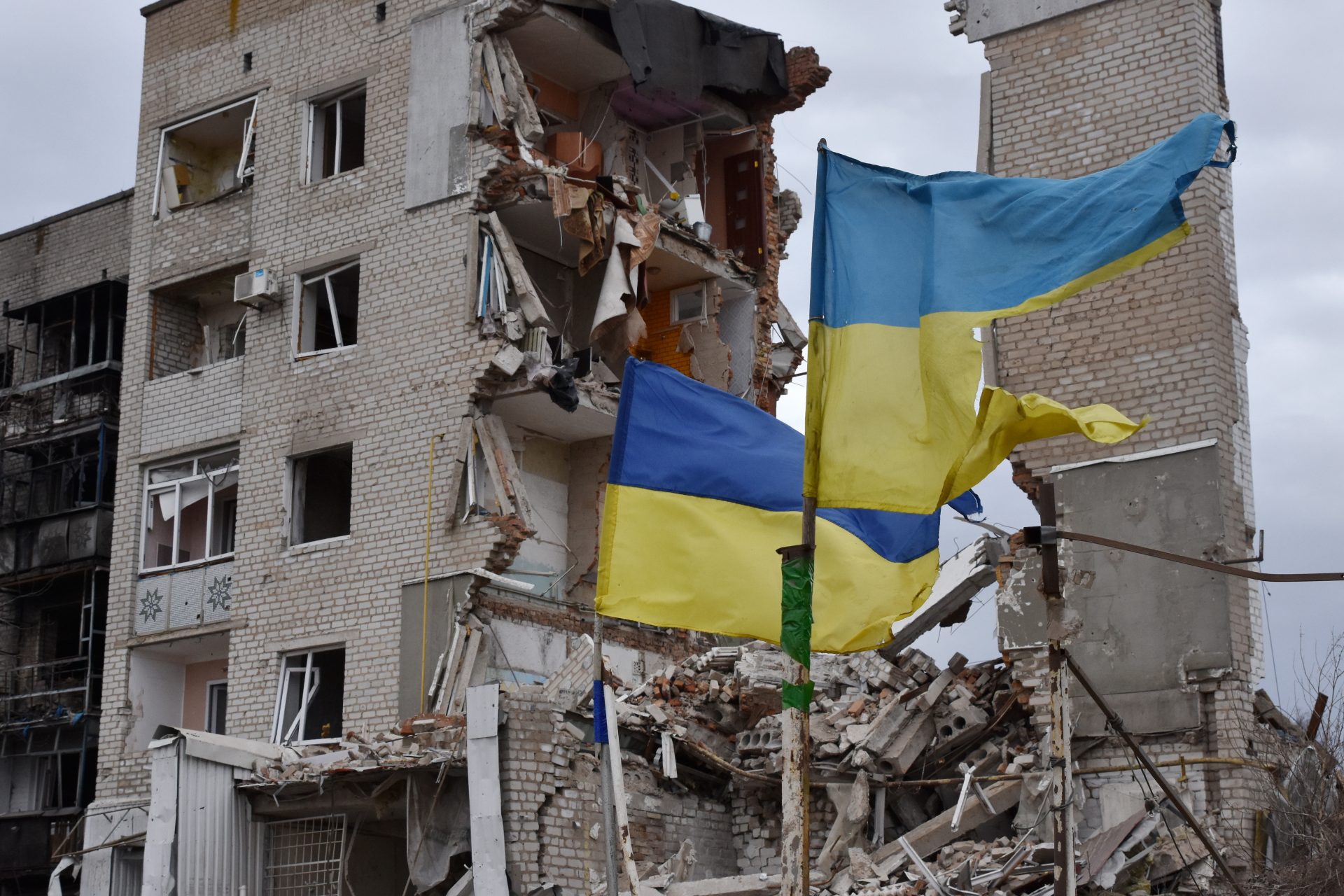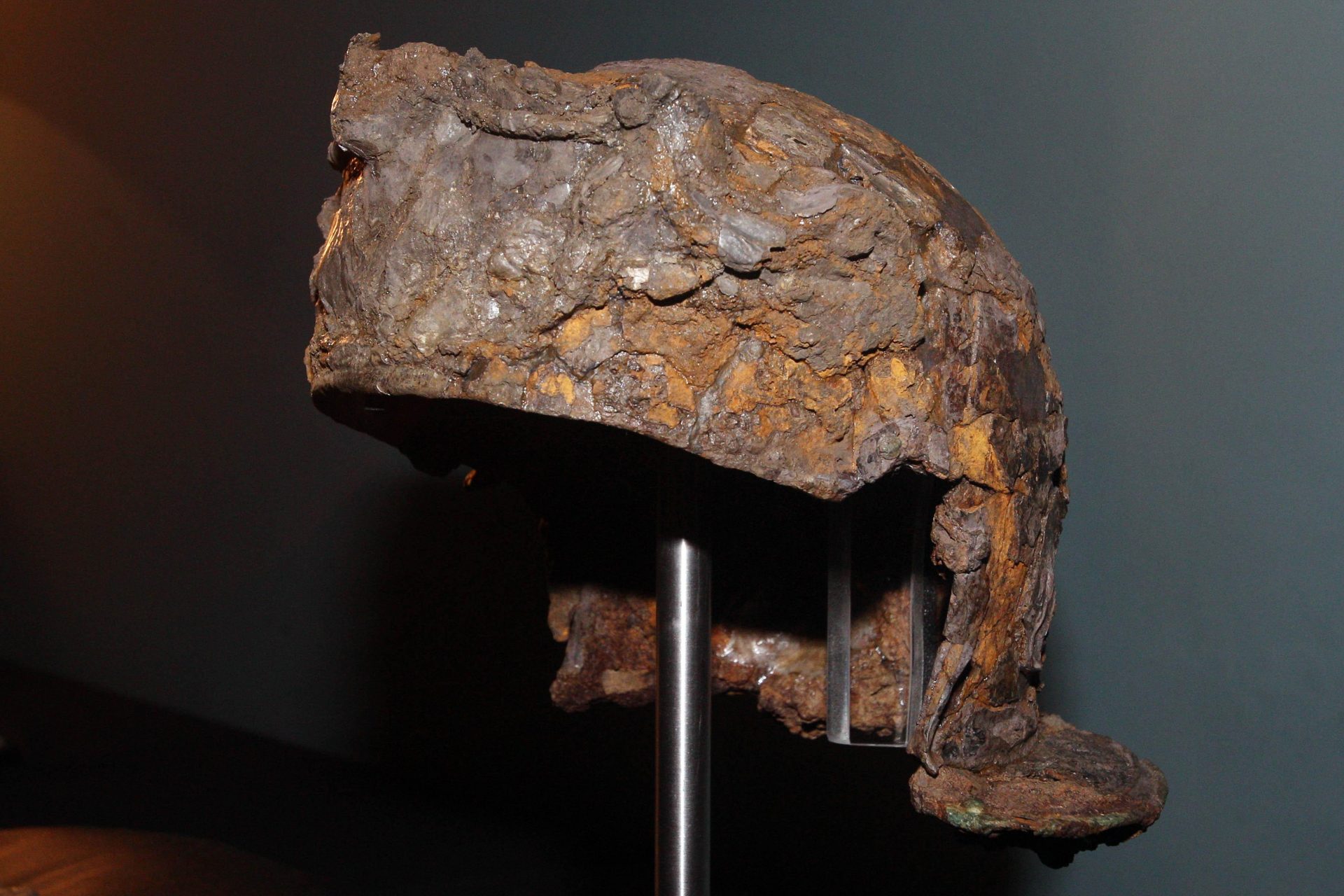One of China's largest corporations accused of defrauding billions of US Dollars
China may be one of the largest economies in the world, alongside the United States, but the Asian superpower has just suffered a major blow.
The BBC reports that Chinese megacorp Evergrande, and its founder Hui Ka Yan, have been accused of inflating revenue by an amount equal to 78 billion US dollars.
In early January, a Hong Kong court has ordered Chinese real estate behemoth Evergrande to liquidate its assets, Reuters reports.
Evergrande has been labelled the most indebted developer in the world, owning more than 300 US billion dollars in liabilities and no feasible way to pay it back.
Hong Kong Justice Linda Chan’s ruling was influenced by Evergrande’s inability to come up with a restructuring plan two years after defaulting on its debts.
According to The New York Times, Evergrande was once China’s biggest real estate corporation, with the company website claiming over 1,300 ongoing projects in 280 Chinese cities, plus unrelated venues such as an electric vehicle company.
The court ruling was felt immediately in the Hong Kong stock market, with Evergrande’s stock losing 20% of its value before trading was halted, fearing bigger repercussions.
Now Evergrande’s real estate empire will be dismantled piece by piece, as liquidators start the long, arduous process to figure out what to sell to repay debtors.
However, the BBC remarks that it’s unlikely that Beijing will halt ongoing construction projects, including many apartments which have already been paid for.
The BBC highlights that there’s also the question of how Mainland China will handle the court-ordered ruling from a Hong Kong court. 90% of Evergrande’s assets are housed in Mainland China.
For many, Evergrande has come to represent the biggest example of the boom and bust of the Chinese real estate industry, which saw skyrocketing success in the 2000s, only to slow down in the late 2010s.
What is true is that the collapse of Evergrande seems to be another sign that China’s economic woes are far from over.
More for you
Top Stories



